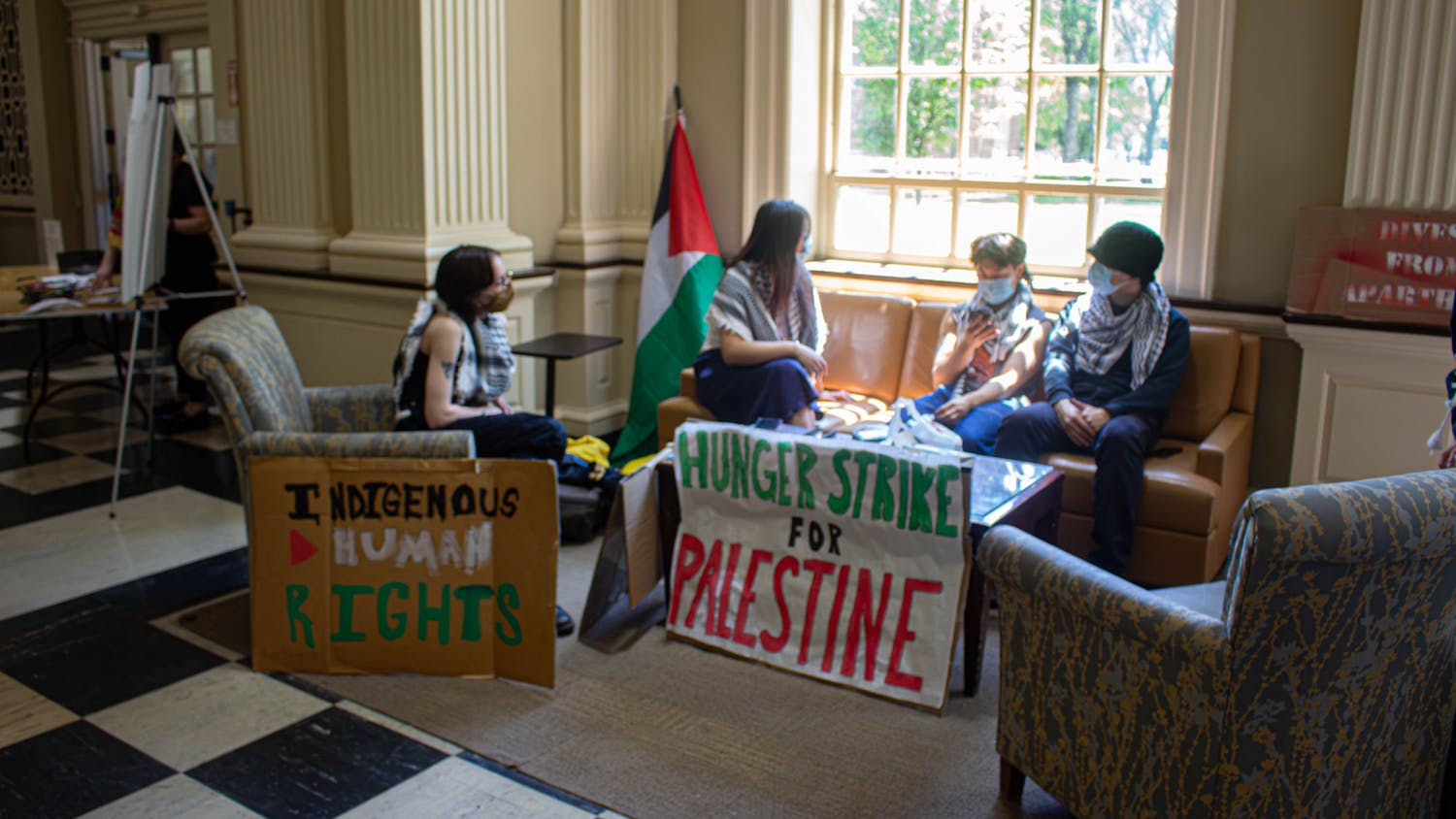Professor Alan Kuperman of Harvard's Kennedy School of Government gave a lecture yesterday in which he discussed the limits of international humanitarian intervention in Rwanda.
Kuperman, the first of this year's War and Peace Studies speakers, argued that logistical constraints and a lack of reliable information in Rwanda would have made international intervention in 1994 too late to prevent the majority of the genocidal killings.
The three-month long massacres of ethnic minority Tutsi by majority Hutu that began on April 6, 1994 claimed the lives of more than 500,000 Tutsi, or nearly three-quarters the Tutsi population of Rwanda.
Since the time of the massacres, the consensus among foreign policy experts, Kuperman said, has been that the genocide was initially confined to the capital city of Kigali, but only intensified several weeks later as it spread to the countryside.
When Kuperman examined the first-person narratives and accounts of Tutsi survivors several years after the genocide, he said a different picture began to emerge.
"All of the big massacres seemed to be taking place in the first two or three weeks," he said, adding that this represents "the fastest rate of genocide in history."
Furthermore, Kuperman said, the raging civil war that enveloped Rwanda and the eruptions of violence both in Kigali and in rural areas forced the near-immediate evacuation of the press.
"Two or three days into the genocide, there were no reporters left in the countryside, and a week later, none remained even in the capital," he said.
The resulting lack of information, combined with an extremely limited American intelligence network in the area, meant that "before the West even knew of the genocide, most of the Tutsi had been killed."
Even if the United States and its allies had responded by late April, Kuperman said, when news of the genocide at last leaked out, the simple logistics of transporting and deploying a large, well-equipped military force to the remote African nation would have prevented any immediate cessation of the killings.
Using information derived from past military operations, Kuperman claimed that nearly a month would have been required to deploy a force of 15,000 troops, the minimum he thought necessary to halt the widespread killings. "Even if we had had a policy of saying never again to genocide, it wouldn't have saved these people from this tragic death," Kuperman said.
Although Kuperman recognized his view as controversial, he held that the consensus view of events -- particularly that the United States should have anticipated the genocide -- was contradicted by the historical facts.
"Even the people who cared most about the situation, the human rights people, were not aware of what was going on," he said.
Kuperman continued by saying that the "intervention lobby" has embraced the now-consensus view to suit its own interests. Emphasizing the importance of prevention rather than intervention, Kuperman cautioned those in favor of military action to consider the consequences and feasibility of such actions before advocating international crises responses.
Kuperman is the author of the forthcoming book, "The Limits of Humanitarian Intervention: Genocide In Rwanda," to be published by the Brookings Institute in 2001.



